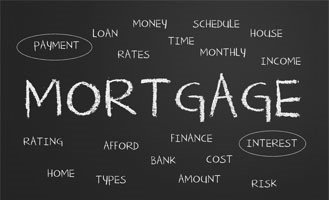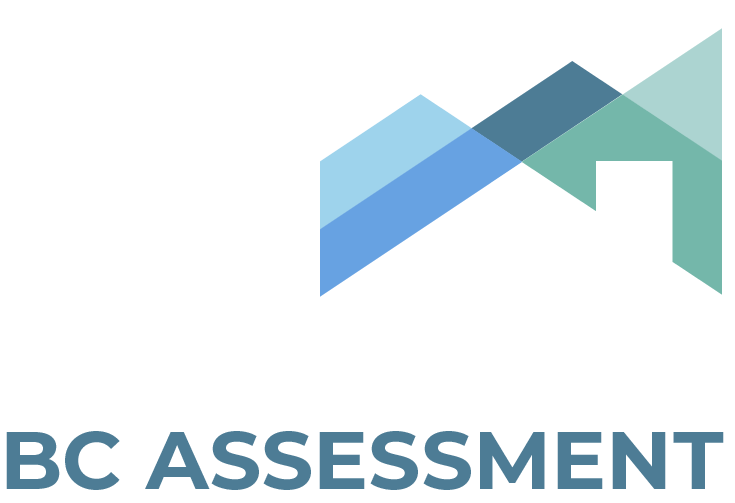What is a BC Property Assessment vs a Home Appraisal?
What is BC Assessment?
It’s January and people in BC are getting their property assess ments.
BC Assessment is a provincial Crown corporation that values all real estate property in British Columbia. Every year, BC Assessment sends property owners a Property Assessment Notice telling them the fair market value of their property as of July 1 the prior year.
To see the most recent assessment for a property, click on the link BC Assessment and type in the address.
The real estate market is the single biggest influence on market values. Market forces vary from year to year and from property to property. The market value on an assessment notice may differ from that shown on a bank mortgage appraisal or a real estate appraisal because BC Assessment’s appraisal reflects the value as of July 1 of the previous year, while a private appraisal can be done at any time.
Use your BC Assessment as a starting point for the value of the property your planning your home purchase… Do not rely on BC assessment for the exact value of the property you’re considering purchasing. Markets in BC can change quickly both increasing and decreasing in value depending on the area.
 What is a Home Appraisal?
What is a Home Appraisal?
An appraisal is a document that gives an estimate of a property’s current fair market value.
Often there is no connection between BC Assessment and appraised value. This is why lenders want an appraisal – an independent evaluation of the properties value at this moment in time.
Primarily home appraisals are completed at the request of a lender. Lenders want to know the value of a property in the current market before they are willing to lend against the home.
The appraisal is performed by an “appraiser” who is typically an educated, licensed, and heavily regulated third party offering an unbiased valuation of the property in question, trained to render expert opinions concerning property values.
When an appraisal is done, consideration is given to the property, the home, its location, amenities, as well as its physical condition.
Appraisals may also be required when an owner has less than 20% down payment and needs mortgage default insurance.
Who pays for the Home Appraisal?
Typically, the borrower pays the cost of the appraisal, and upon completion, the appraisal goes directly to the lender (does not go into the home buyer’s hands).
I know it sounds odd, but brokerages, lenders and appraisers cannot just show the buyer the appraisal on a property, even though the borrower paid for it.
- Think of an appraisal as an administrative fee for finding today’s current value of the property
You need a Home Appraisal since the lender doesn’t want to lend on a poor investment and the appraisal helps the buyer decide if the property is worth what they offered (especially in hot markets like Vancouver & Toronto).
- What if you offered $475,000 and the home appraisal came in at $450,000?
Why don’t you get a copy of the appraisal? The appraiser considers their client to be to the lender (the reason the appraisal was ordered). The lender has guidelines for the appraisal, and the appraiser prepares his report according to those parameters.
The lender is free to share the appraisal with the borrower, but the appraiser cannot share it. This is because the lender is the client… NOT the borrower!! It doesn’t matter who pays for the appraisal.
Sometimes an appraisal can come in lower than the purchase price, causing angry calls to the Appraisal Institute of Canada (AIC) , and the answer they give is: the Brokerage or Lender is the client of the appraiser, and as such has ownership of the report.
One of the main reasons the buyer pays for the appraisal, is that if the mortgage doesn’t go through, the lender does not want to be on the hook for paying for the appraisal and not getting the business.
Lenders are also aware that home buyers could take the appraisal and shop it around with other Lenders to try and get a better deal.
It is rare for Lenders to share the report. With most appraisal companies, the appraisal is only provided after the closing of the mortgage transaction and must have the lender’s approval.
After the funding of your mortgage, some mortgage brokers will refund the appraisal fee or sometimes the lender may agree to reimburse the cost of the appraisal.
While a lender does not have to release the entire appraisal, there are some pieces of information that remain the personal property of the buyer, and PIPEDA legislation guarantees them access to that. However, any information on the report that does not relate to the property itself (such as the neighboring properties or other data about the community) would come off the report before the lender provided it.
Some other reasons for getting an Appraisal:
- to establish a reasonable price when selling real estate
- to establish the replacement cost (insurance purposes).
- to contest high property taxes.
- to settle a divorce.
- to settle an estate.
- to use as a negotiation tool (in real estate transactions).
- because a government agency requires it.
- lawsuit
 Getting your home ready for an Appraisal:
Getting your home ready for an Appraisal:
The appraiser report involves a report including pictures of the home and property with the appraiser’s value of the property, along with a short summary of how that information was derived.
Most lenders have an approved appraiser list which requires appraisers to have the appropriate designation. Lenders tend to reject appraisals that are ordered directly by property owners. Lenders want the appraisal to be ordered by the broker or the lender, primarily to avoid potential interference from the property owner.
Home Appraisal Costs
Appraisal costs do vary. Most home appraisals start around $350 (plus tax) but they can go much higher depending on how expensive the home is, complexity of the appraisal and how easily the appraiser can access comparable data.
BC Assessment vs appraised value: lenders want an appraisal – a professional, independent evaluation of a homes value, at this point in time!
Are you thinking of buying a home? As you can tell there is lots to discuss, give me a call and let’s have a chat!







